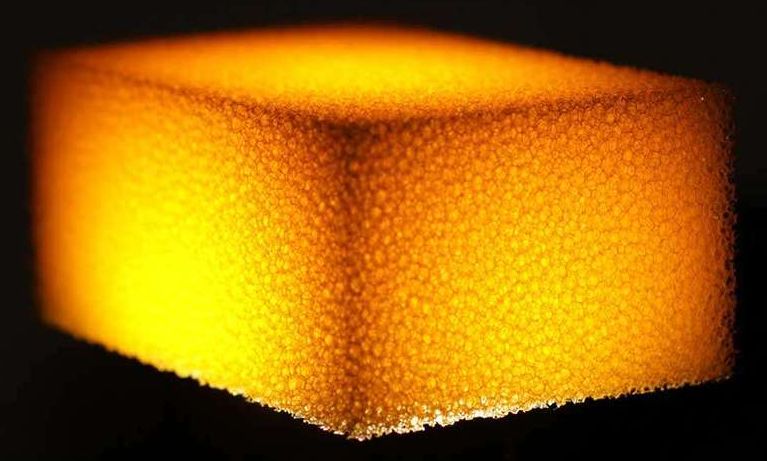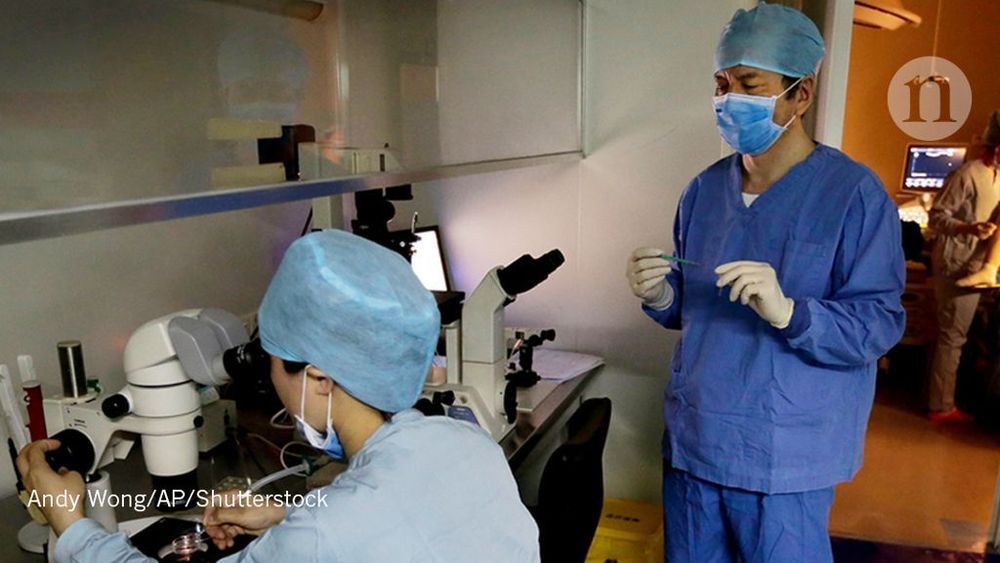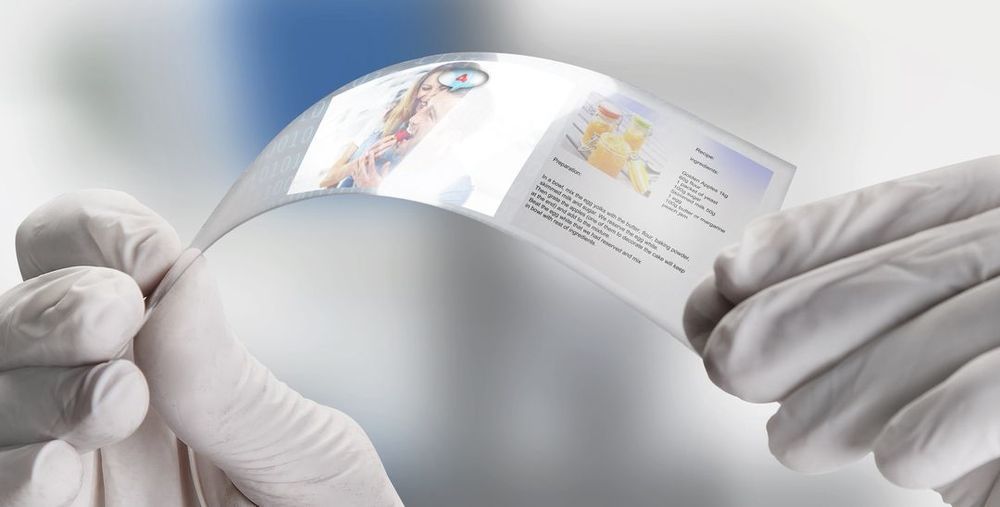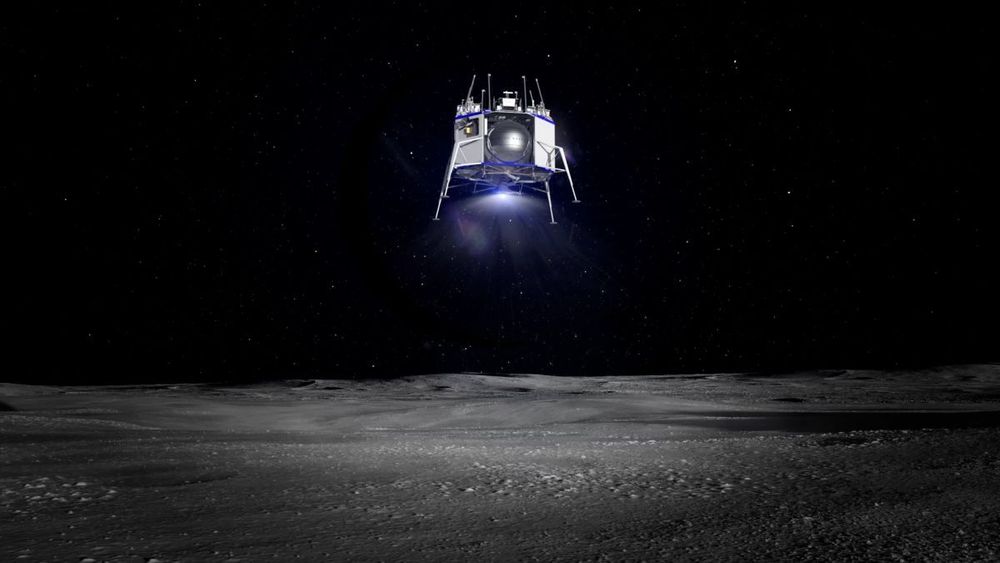Page 8835
May 11, 2019
Club for the Future powered by Blue Origin
Posted by Klaus Baldauf in categories: futurism, space travel
Club for the Future is for you, the dreamers of tomorrow.
Club members’ ideas combined with a foundation of affordable, frequent, and reliable access to space, will help spark a future without limits. Dream. Experiment. Build. As we grow, look out for new activities, content, and opportunities to access space.
May 11, 2019
Meet the World’s Most Bio-Tracked Man
Posted by Mike Ruban in category: biotech/medical
Scientist Michael Snyder tracked his own basic measurements for years. Now he’s released a study of over 100 people using similar data to make lifesaving discoveries about heart disease, cancer, and diabetes.
May 11, 2019
Watch Jeff Bezos’ big pitch for establishing a human presence in space
Posted by Michael Lance in category: space
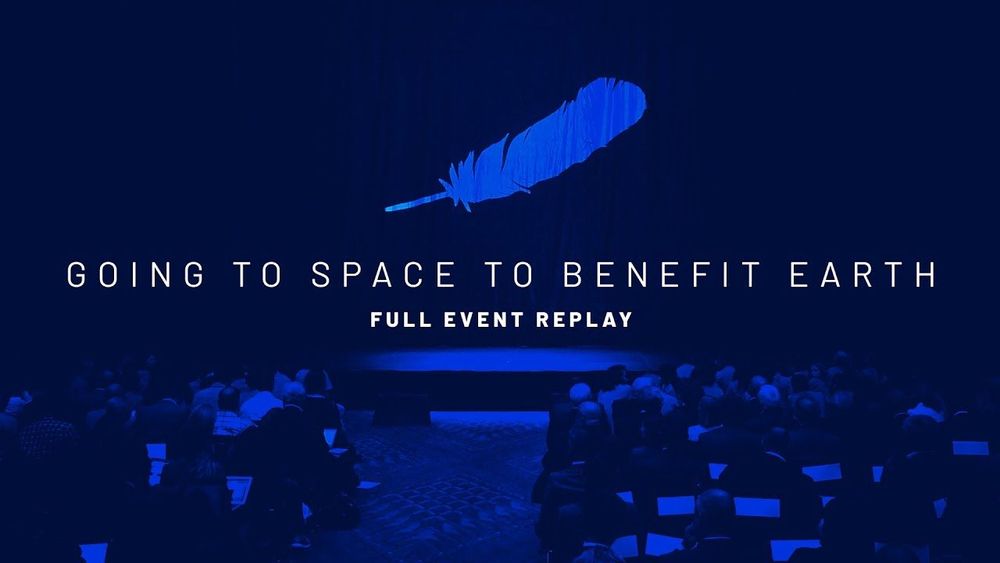
A sales pitch we’re likely to hear a lot more in the next few years.
In other words, it raises a lot of questions that we’re all likely to spend the next few years debating.
Continue reading “Watch Jeff Bezos’ big pitch for establishing a human presence in space” »
May 11, 2019
Artificial sponges could pull uranium from seawater for nuclear power
Posted by Klaus Baldauf in category: nuclear energy
By Leah Crane
A specialised sponge could harvest uranium from seawater for use as fuel in nuclear power plants, and could also be used to help clean waste from those plants.
May 11, 2019
Reboot ethics governance in China
Posted by Derick Lee in categories: ethics, genetics, governance, government, health
In the months since, China’s scientists and regulators have been going through a period of soul-searching. We, our colleagues and our government agencies, such as the Ministry of Science and Technology and the National Health Commission, have reflected on what the incident says about the culture and regulation of research in China. We’ve also thought about what long-term strategies need to be put in place to strengthen the nation’s governance of science and ethics.
The shocking announcement of genetically modified babies creates an opportunity to overhaul the nation’s science, argue Ruipeng Lei and colleagues.
May 11, 2019
Oops! Scientists accidentally create new material that makes batteries charge much faster
Posted by Saúl Morales Rodriguéz in categories: materials, particle physics
Some of the most famous scientific discoveries happened by accident. From Teflon and the microwave oven to penicillin, scientists trying to solve a problem sometimes find unexpected things. This is exactly how we created phosphorene nanoribbons – a material made from one of the universe’s basic building blocks, but that has the potential to revolutionize a wide range of technologies.
We’d been trying to separate layers of phosphorus crystals into two-dimensional sheets. Instead, our technique created tiny, tagliatelle-like ribbons one single atom thick and only 100 or so atoms across, but up to 100,000 atoms long. We spent three years honing the production process, before announcing our findings.
This ultra-strong, ultra-thin supermaterial could yield a technological revolution. Here are a few of its most impressive tricks so far.



